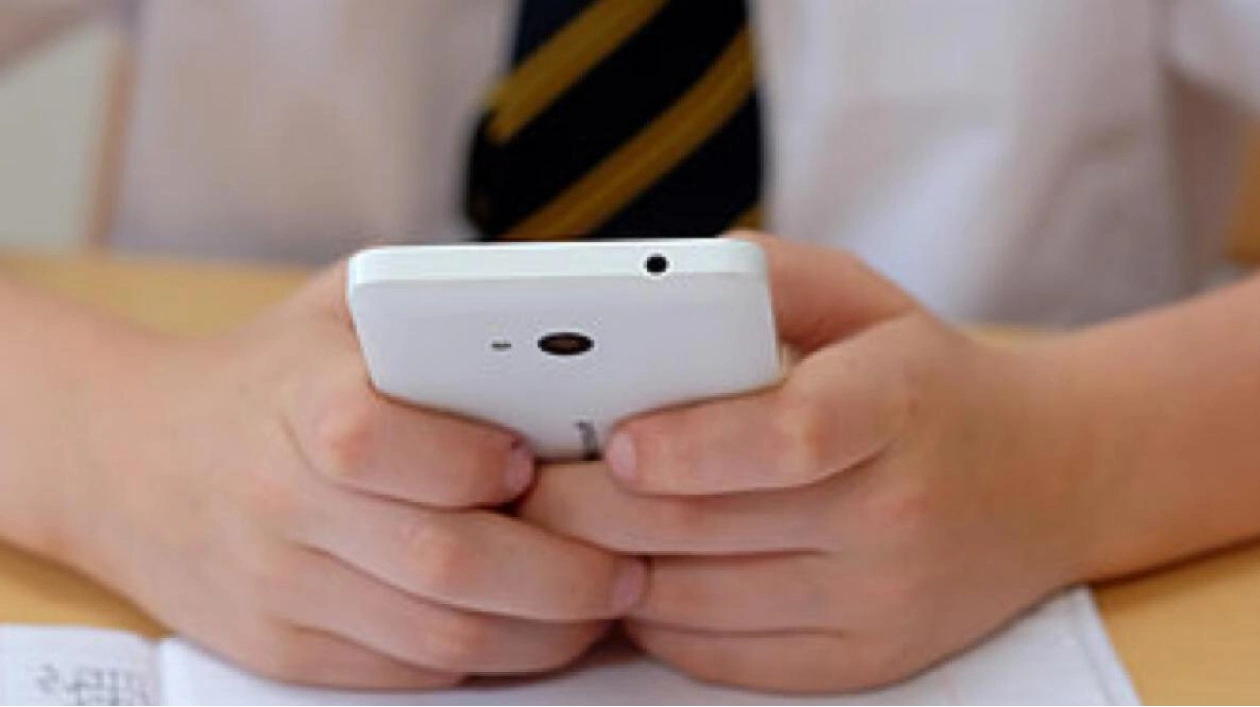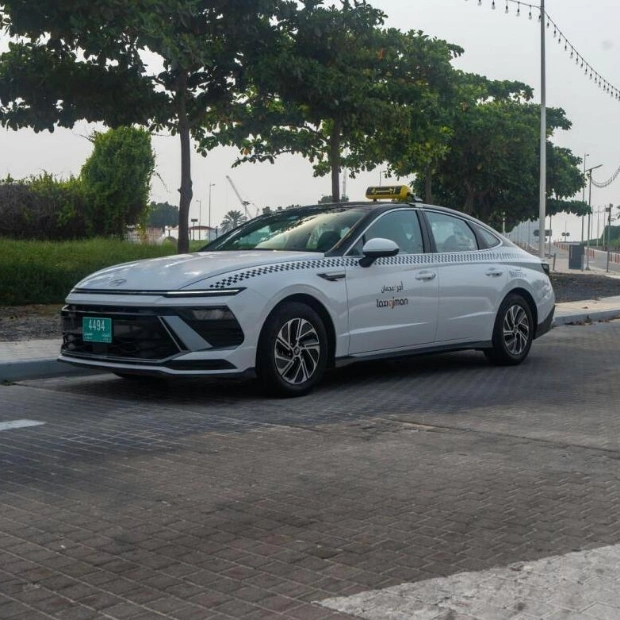This week, a prohibition on smart devices in Dutch schools garnered international attention, yet numerous educational institutions in the UAE had already adopted comparable restrictions long before. Currently, the use of cell phones, smartwatches, and tablets is forbidden for students in both primary and secondary schools in the UAE. The Dutch government categorized these gadgets as "distractions" that impede academic progress and social engagement. In February, England also introduced a ban on mobile phones in schools. Meanwhile, several schools in Dubai have enacted their own rules, as emphasized by various educational specialists in a Khaleej Times interview.
"We enforce a stringent policy on mobile phones. Although students may carry phones, they are not allowed to use them in class without specific teacher approval," explained Lisa Johnson, Principal of the American Academy for Girls in Dubai. The school employs a progressive disciplinary system for violations. "Following an initial warning, subsequent breaches lead to the phone being seized and kept by the principal, requiring a parent to collect it from the school. This method guarantees that classroom time is dedicated and devoid of unnecessary interruptions," Johnson added. School administrators stress the importance of promoting responsible technology use, focusing on educating students about appropriate usage and the health hazards linked with excessive screen time.
"Students from Grade 1 onwards are required to possess laptops or tablets, which function similarly to smartphones. Restricting mobile phones becomes less viable due to this access. To foster face-to-face interactions, some schools have designated tech zones during breaks, where students can utilize their devices for limited durations. Furthermore, we are contemplating a system where students would need to use exercise equipment to gain access to technology during breaks, thereby encouraging both physical activity and responsible tech use," Johnson noted. School networks employ filters to block social media sites, aiming to minimize distractions and shield students from unsuitable content.
Principals also emphasize that school networks are equipped with robust filters that restrict access to social media sites, aiding in the reduction of distractions and safeguarding students from inappropriate material. "We continuously monitor and update these filters, frequently adding new sites to the blocked list as needed. While we discourage the use of technology during breaks, enforcing this can be difficult since students often use their devices for reading and other educational activities. Instead of strictly monitoring devices, we guide students on how to use them wisely and productively," Johnson added. Certain Dubai schools conduct regular sessions for parents to engage with educators on this topic, highlighting that a strong home-school partnership has proven more effective than a complete ban.
Simon Herbert, Head of School/CEO at GEMS International School – Al Khail, stated, "Our secondary students are permitted to bring a phone to school, keeping it either in their locker or school bag. This ensures that phones are not used during the school day. However, after school, if a student needs to contact home (or vice versa), they have the means to do so. Phones are discouraged in primary school, as outlined in our handbook for families." Reflecting on other devices, school leaders reiterated that laptops and tablets are viewed as tools to achieve goals, not as ends in themselves. "Technology is an incredibly powerful tool, and all educators must justify its use in lessons. Technology can greatly enhance a lesson through platforms, resources, engagement, and cognitive challenges, but we should never rely on technology for its own sake. Thorough planning with our educators is crucial," Herbert added. Certain institutions, especially those following the Indian curriculum, enforce a no-phone policy on their premises.
Deepika Thapar Singh, CEO-Principal of Credence High School, noted, "We are committed to fostering a focused and engaging learning environment for our students. To accomplish this, we have implemented a no-mobile-phone policy on campus, encouraging students to fully engage in their education. Our user-friendly school ERP system ensures that parents can effortlessly communicate with teachers and supervisors when necessary. In emergencies, parents can also reach out to the school reception for immediate assistance."






